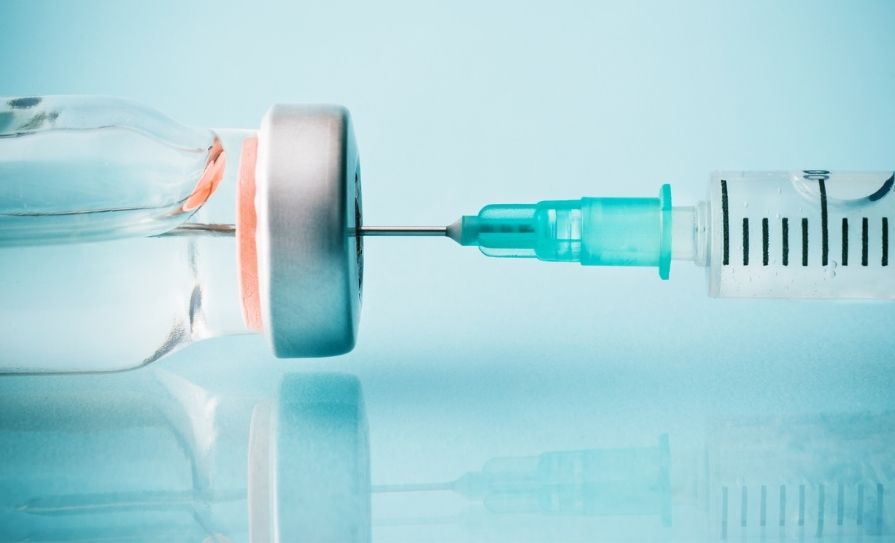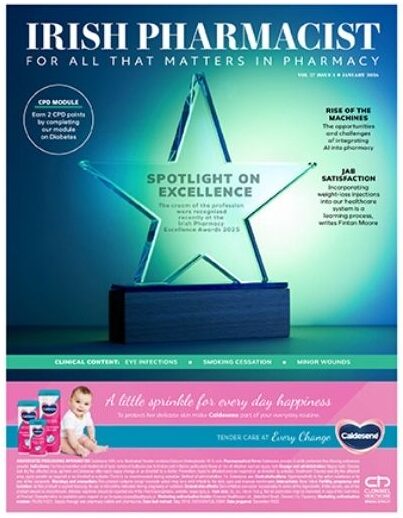Recent figures have shown clear demand for services in the country’s first Medically Supervised Injecting Facility (MSIF) in its first months of operation.
Since its opening on 22 December 2024, up to 15 January 2025, there have been more than 300 visits by a total of 108 people to the Merchants Quay Ireland facility at Riverbank House in Dublin City Centre. There were 47 unique visits in its first full week of operation, 88 in the second week, and 106 in the third week, illustrating the need for this vital health-led service.
The majority of people accessing the service (84 per cent) were male, and 16 per cent were female, with the majority aged between 25 and 44. Four-in-five clients (81 per cent) stated that they accessed the service to use heroin. There have been six overdoses in the service, five of which were managed through the administration of oxygen alone, while only one case involved administration of naloxone.
The pilot facility commenced operations following the granting of an 18-month licence by Minister for Public Health, Wellbeing and the National Drugs Strategy, Colm Burke under the Misuse of Drugs (Supervised Injecting Facilities) Act 2017.
The MSIF provides a dedicated safe place for people who inject drugs, prioritising their health and social needs and supporting them to engage with healthcare services.
As well as removing drug use from public spaces and reducing associated litter problems, it ensures that people who inject drugs have access to immediate medical intervention. This minimises the pressure on emergency services including ambulance services and An Garda Síochána, by preventing overdoses or overdose-induced deaths.
Minister Burke said: “We are in the very early stages of this 18-month pilot programme but it is already very encouraging to see how people who require this service are connecting with it.”
CEO of Merchants Quay Ireland Eddie Mullins said: “The early uptake by clients in using the MSIF clearly demonstrates the need for a compassionate, health-led response to addiction. This service is not just about providing a safe, medically supervised space for injecting drugs that saves lives; it offers people who are often marginalised in our society a chance to access vital healthcare and social supports.”







